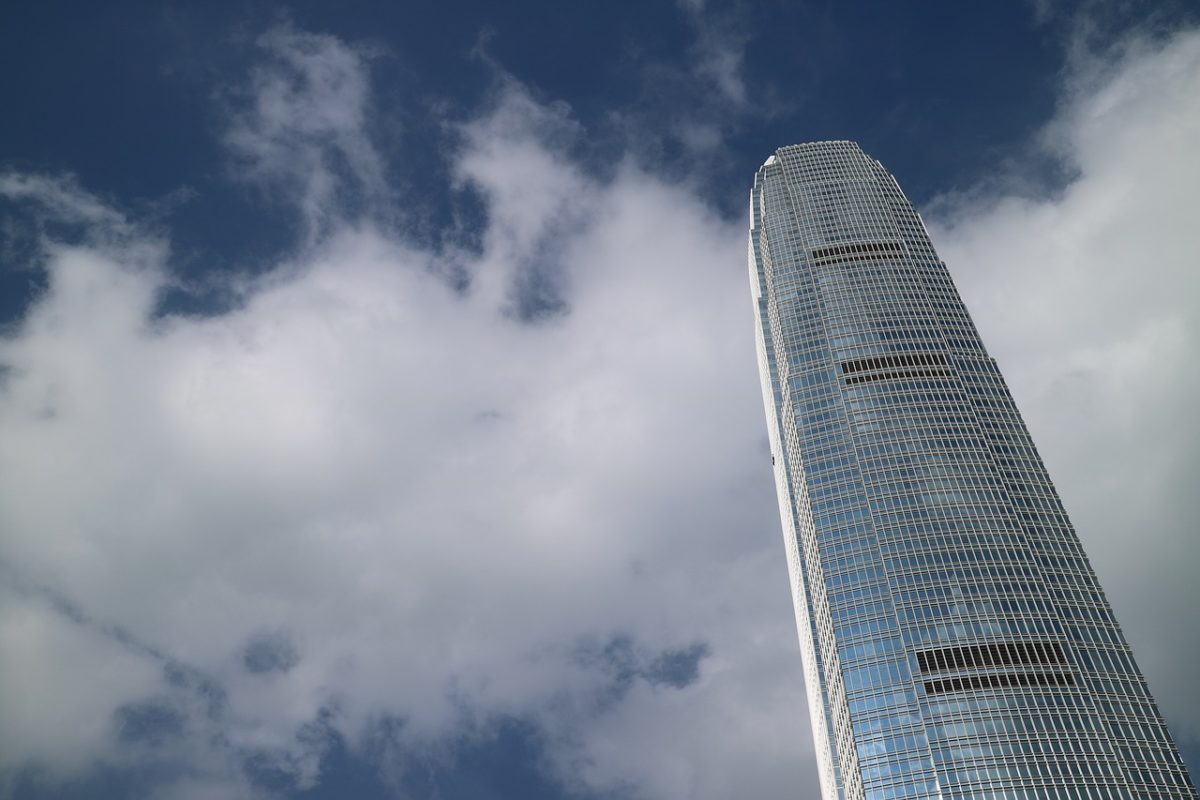
Prudent HR essential to HK continued success
At the HKMA Annual Conference 2012 a panel including strategic influencers such as Dr Zhu Haibin, Chief China Economist and Head of Greater China Economic Research, J.P.Morgan; and Jason Yao, Executive Director& Group CFO Ping An Insurance (Group) Company of China. discussed the economic future of Hong Kong. They were joined by industry and government heavyweights Cassian Cheung, CEO, Next Media ; Jay Walder, CEO, MTR Corporation and Michael Lynch, CEO, West Kowloon Cultural District.
Infrastructure & people
Both Walder and Lynch alluded to Hong Kong’s place on the world stage. Its resources of the human and inanimate kind; talent, finance, transport, services, heritage and cultural offerings must excel so that Hong Kong can continue to flourish as one of the world’s most successful and vibrant economies. This was eloquently articulated by Walder whose extensive experience of major city transport networks afforded him profound insight into the economic relationship between transport, people and growth—without infrastructure people will stop investing and without people there can be no infrastructure.
Finance + HR = solutions
Hong Kong has been consistently ranked as one of world’s leading cities, whose world-class railway system is the most heavily used in the world, transporting some 5 million people daily. This transport system successfully serves both the close and outlying communities of a growing population. In Hong Kong financial resources and human resources are both applied to address potential problems before they occur. People work around the clock to deliver a decidedly efficient MTR system so that minimum, if any disruption to the region’s commercial momentum takes place. Hong Kong is the model of a working 21st century city.
Talent pipelines essential
Dattels quoted UK Prime Minister David Cameron, “Infrastructure makes things possible tomorrow we cannot even imagine today.” He went on to caution that by the same token the price of inaction is a high one. The infrastructure and associated resources must not only meet the needs of today but our aspirations for tomorrow. Following the development of the airport at Chek Lap Kok in the early nineties, engineers and planners all but left Hong Kong. Currently, 43% of construction workers in Hong Kong are aged 50 and above. There needs to be a pipeline of projects for young workers which will drive growth and investment.
In planning for the future Hong Kong so far has stayed ahead of the curve. It must maintain its competitive edge by retaining its strengths and planning and executing for the longer term, not least through continuing to employ, engage and retain the talent that will meet future needs of every kind.





